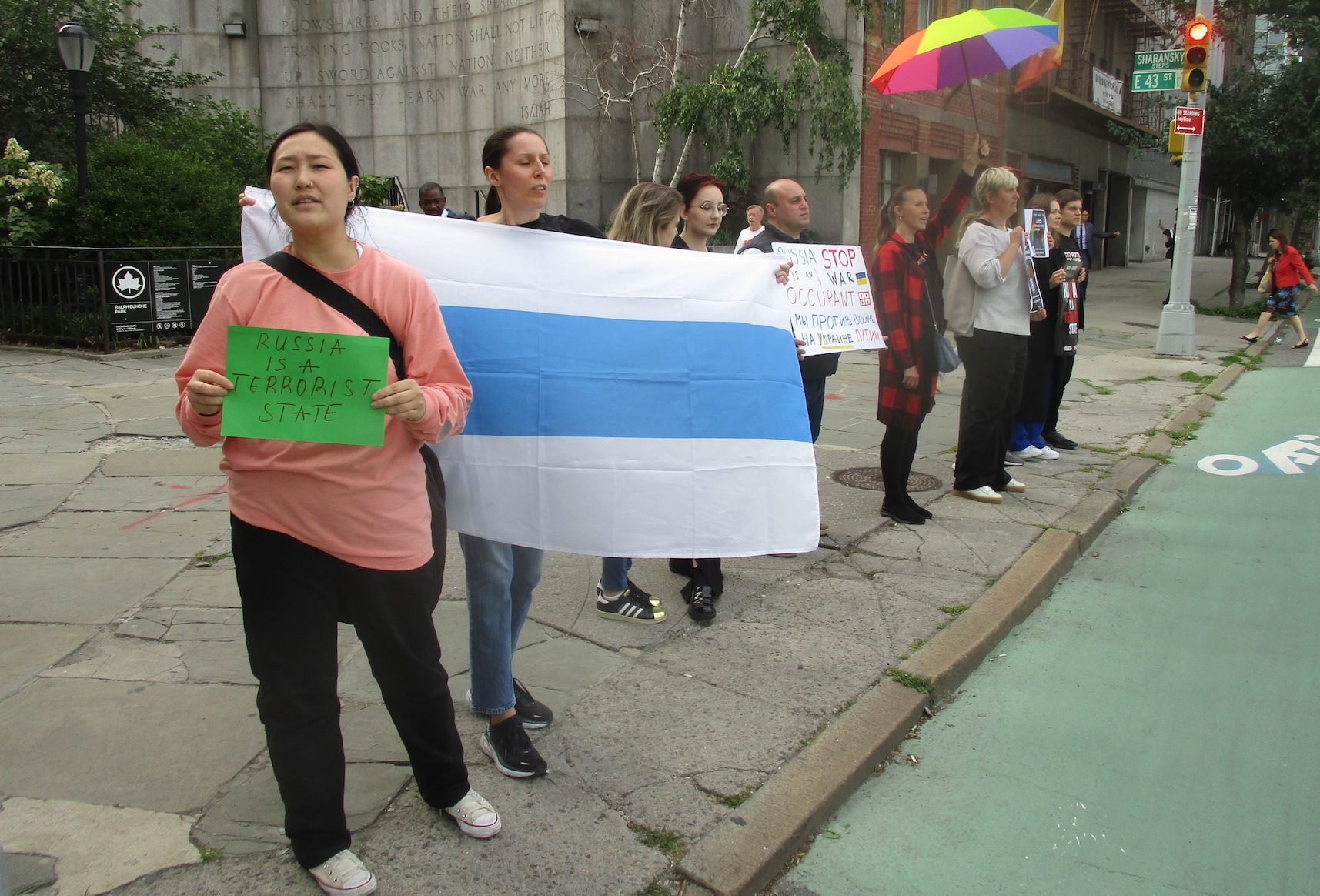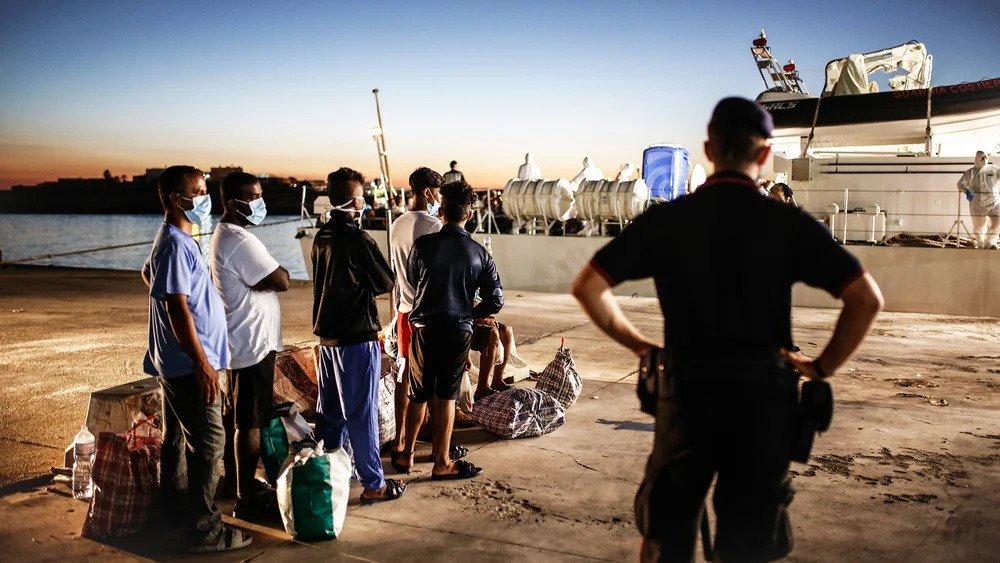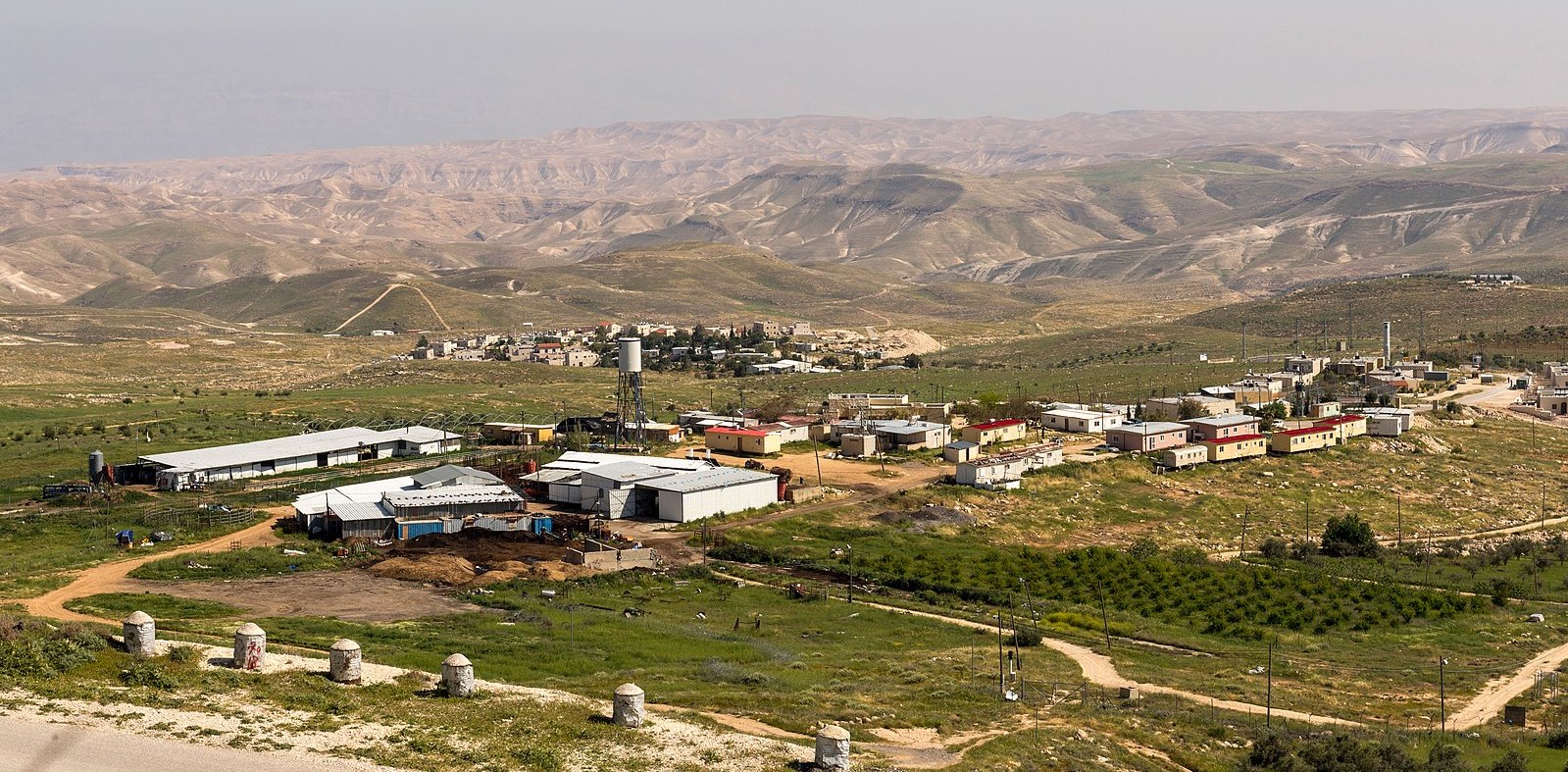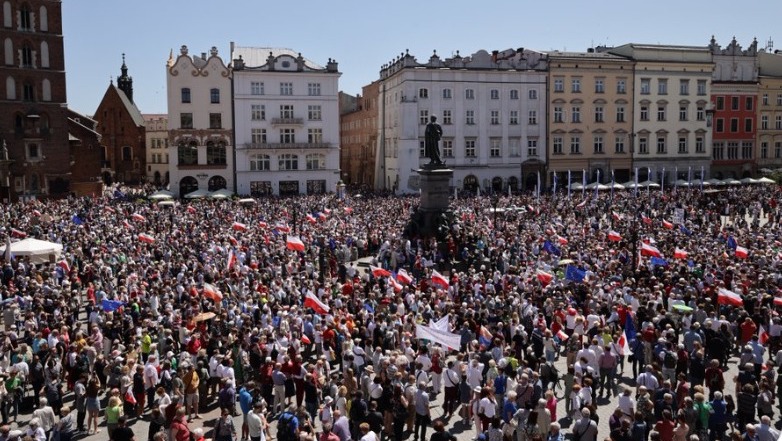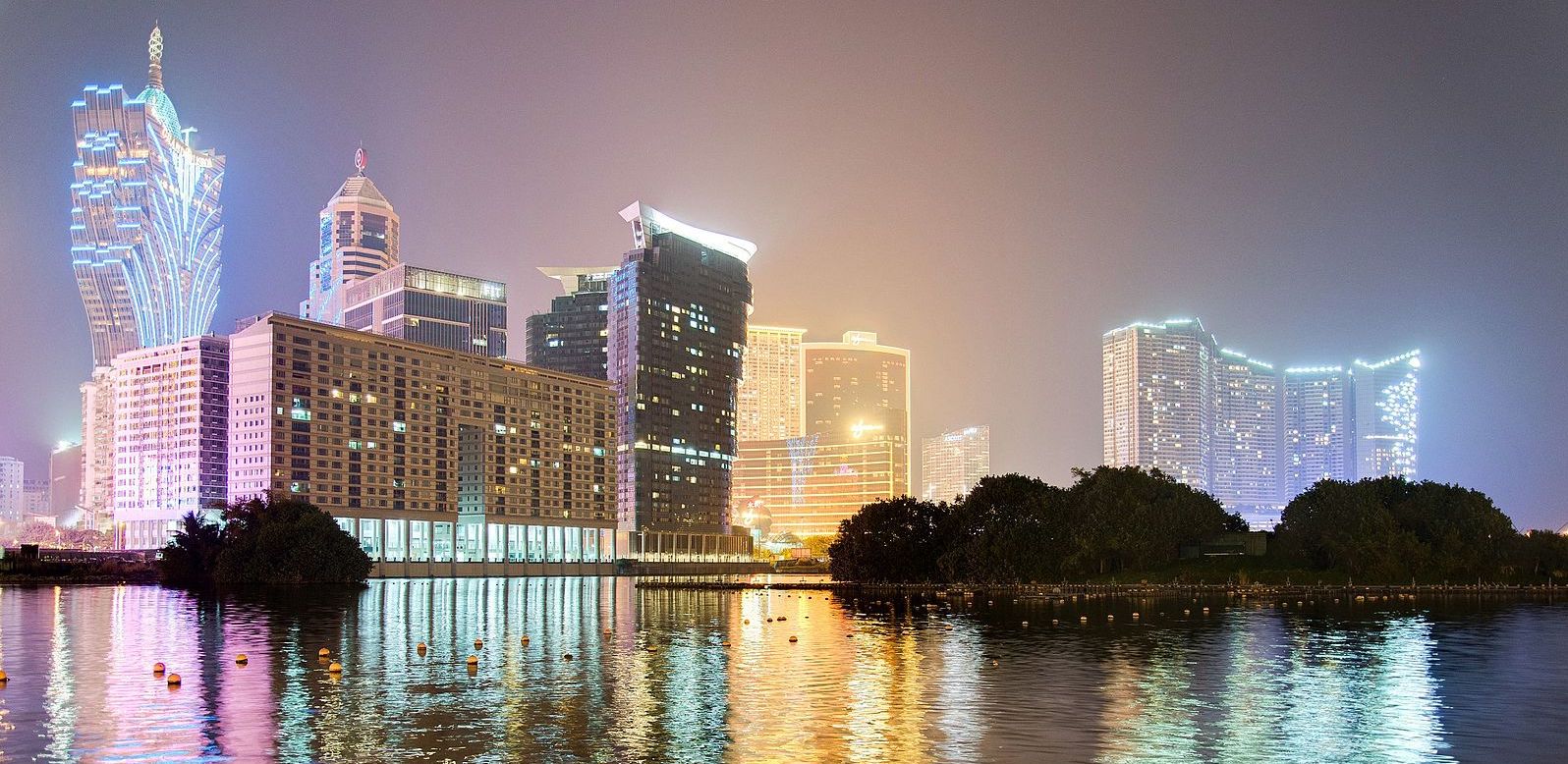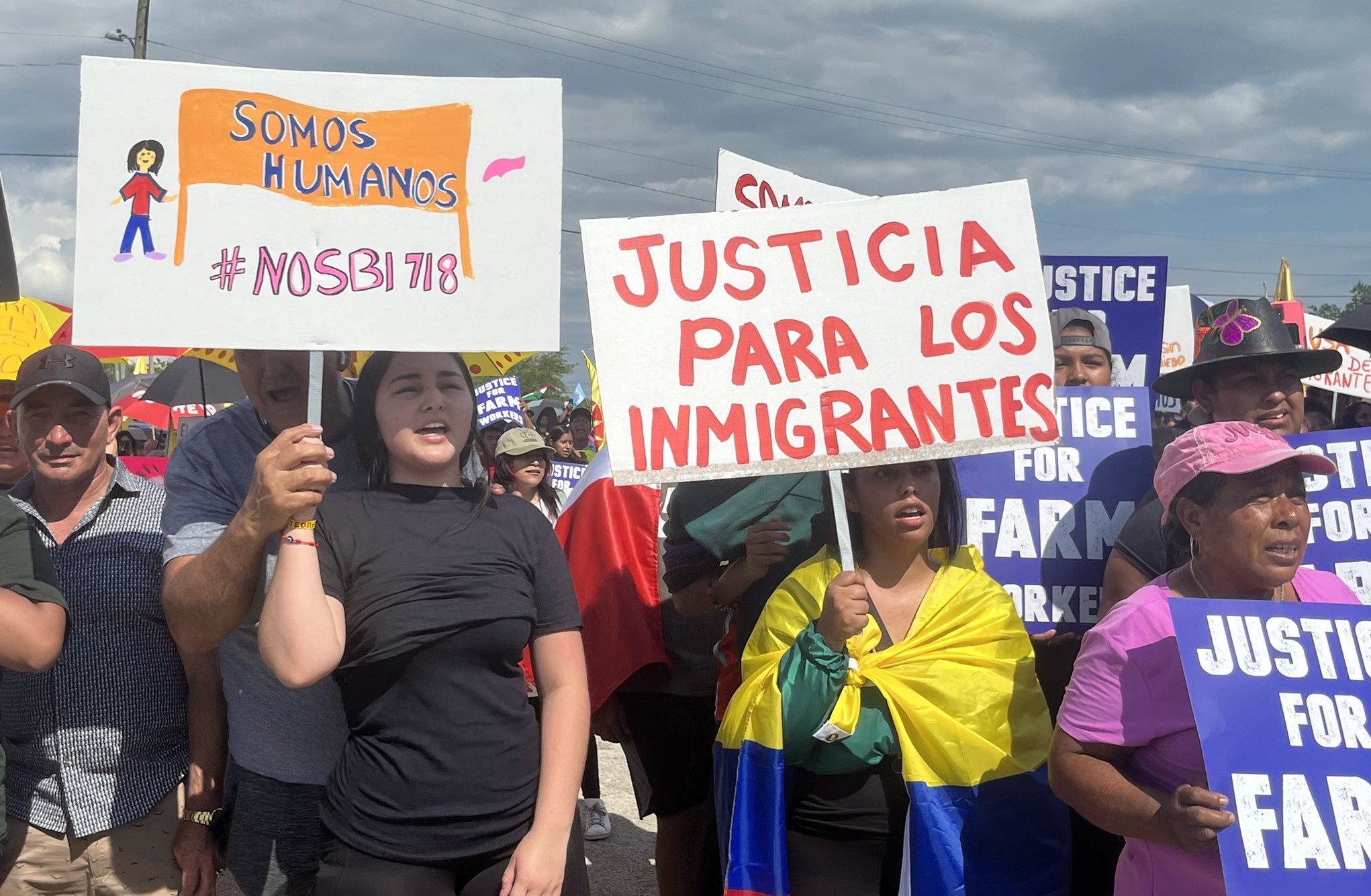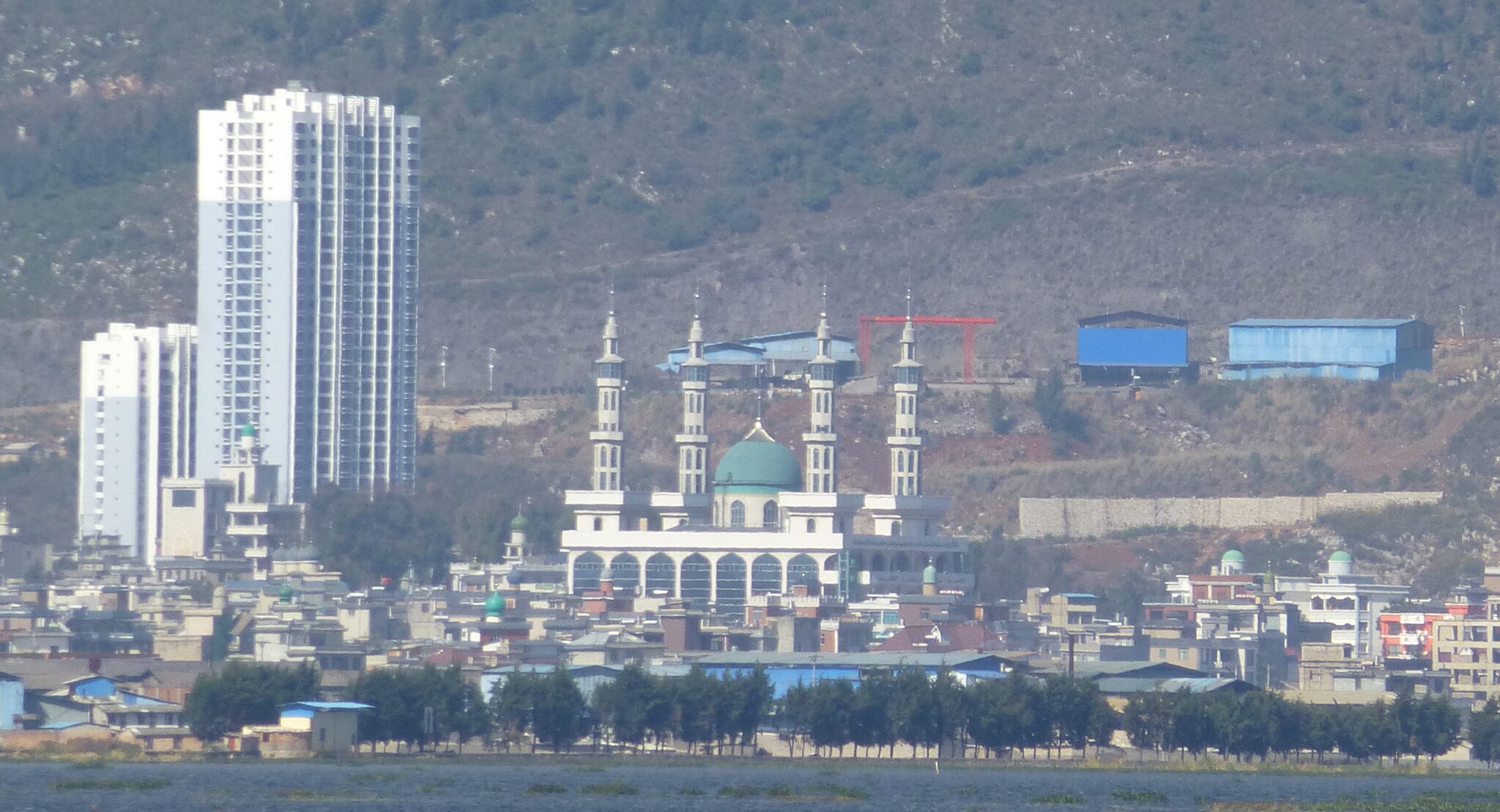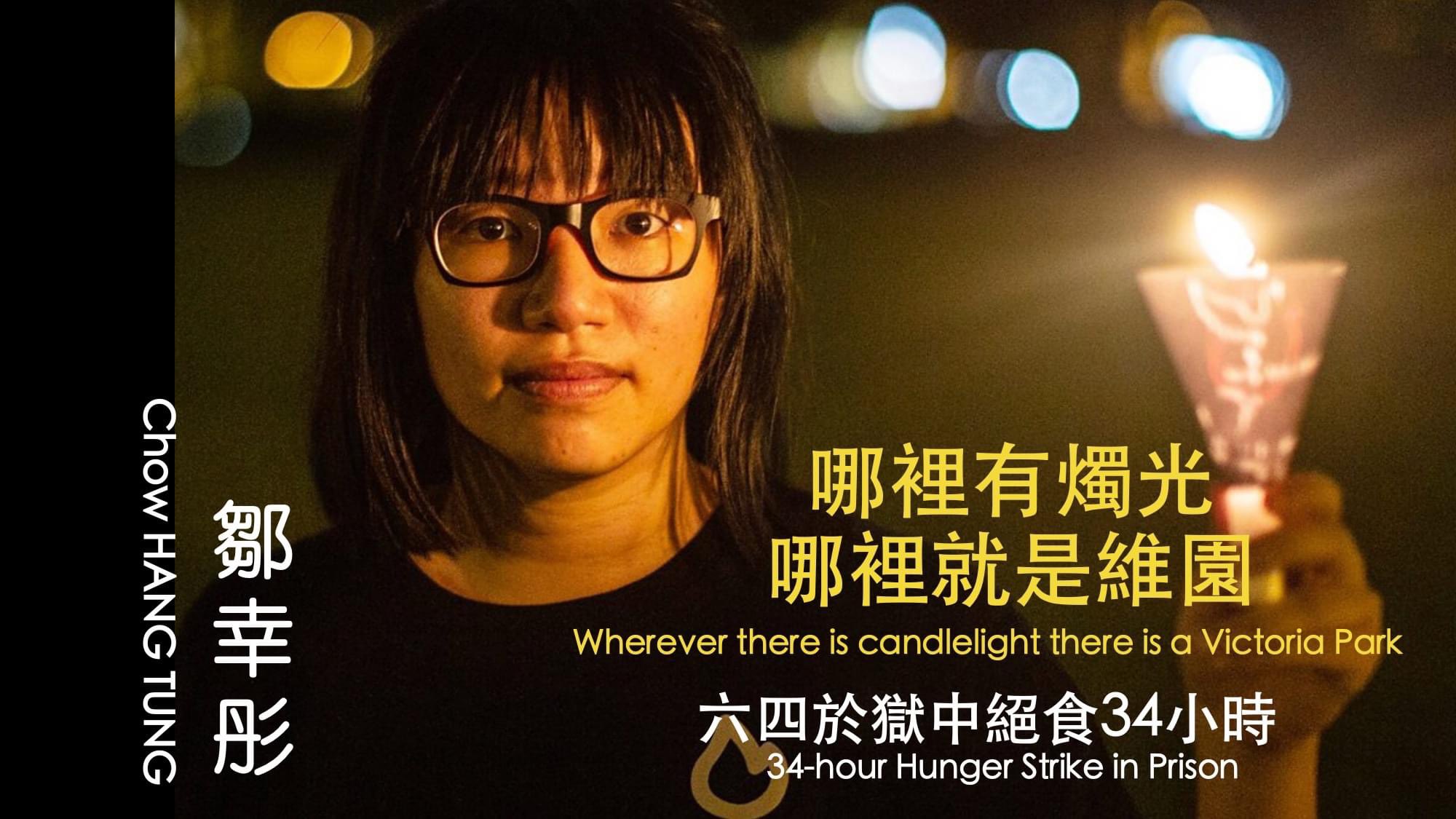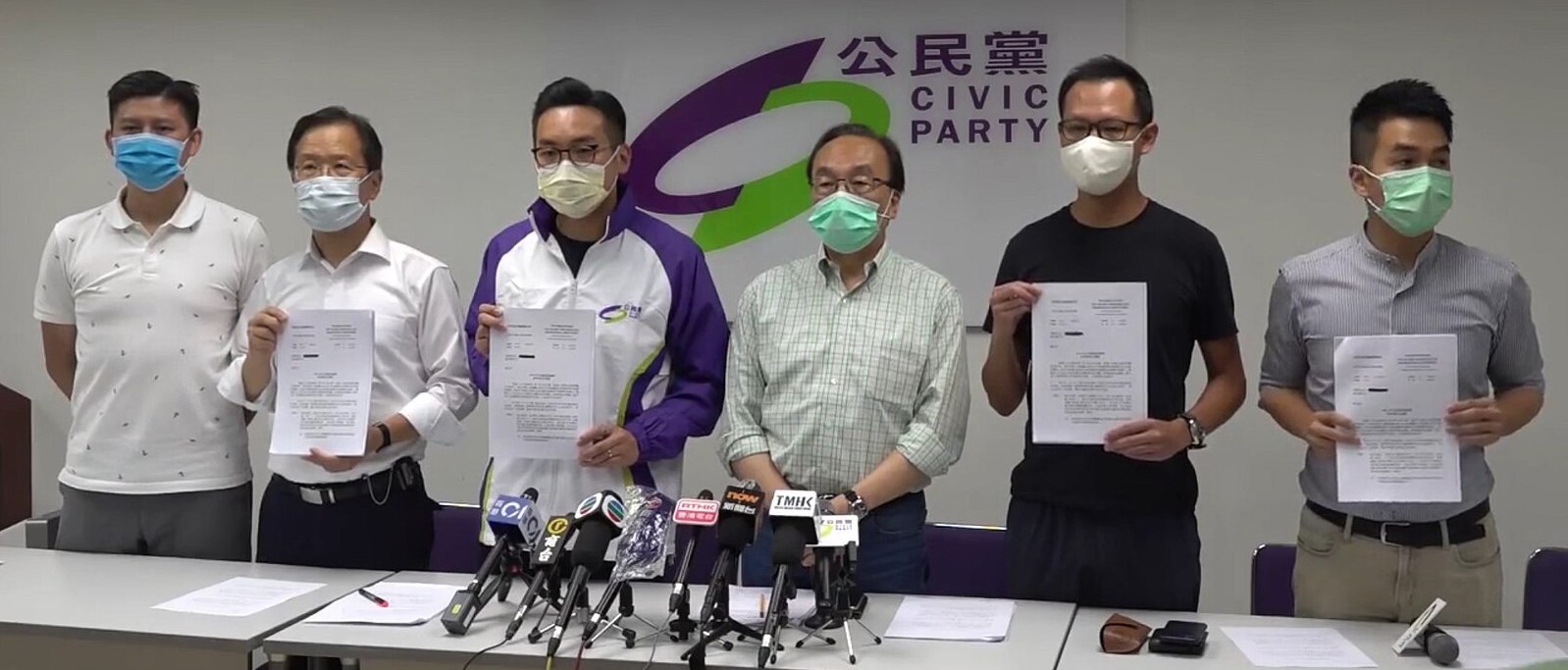
Hong Kong pro-democracy radio station closed down
Hong Kong’s pro-democracy Citizen Radio aired its final broadcast, with the founder citing the “dangerous” political environment. Tsang Kin-shing, a veteran political activist, wrote in the station’s closing Facebook post of mounting difficulties. Under the National Security Law imposed by the Chinese government in 2020, the station’s bank account was “frozen,” and consequently it could only afford rent for the studio through August. “We could do nothing but to stop the broadcasting,” said Tsang. In a press conference at the studio, Tsang also told reporters of the growing obstacles to journalistic work: “If we invite guests, they may not be able to speak freely, because there are so many red lines.” (Image: Citizen Radio)



